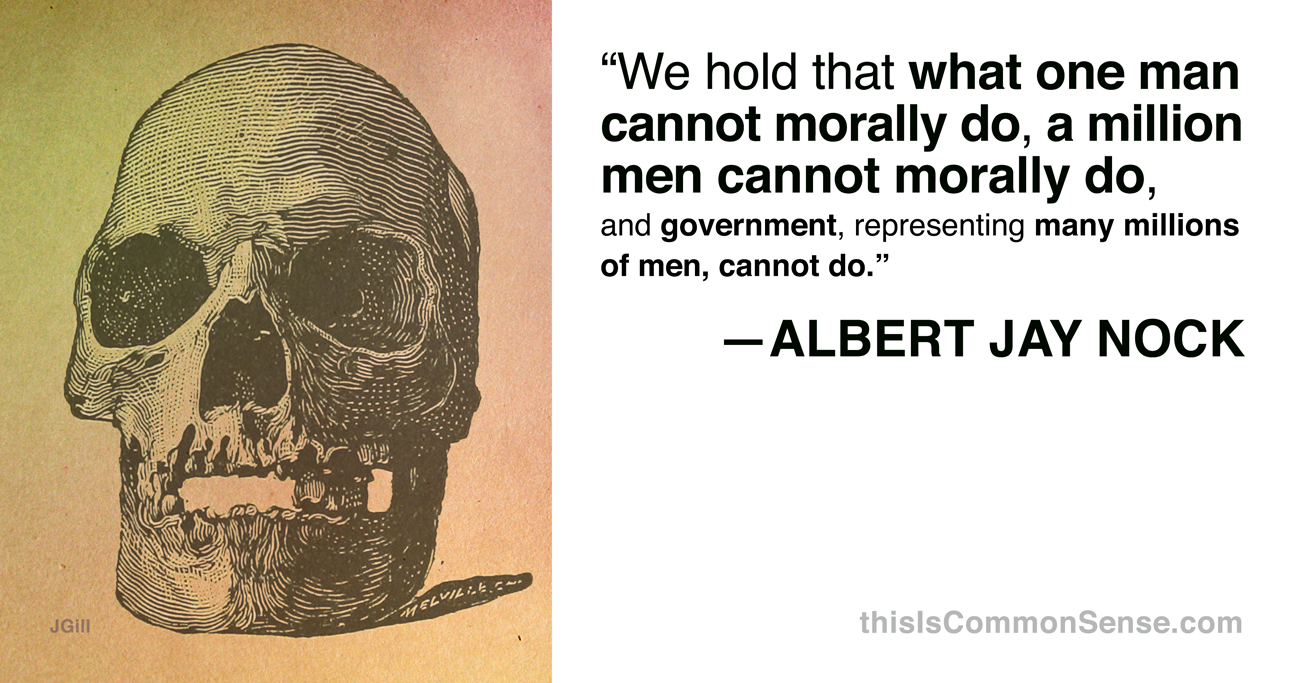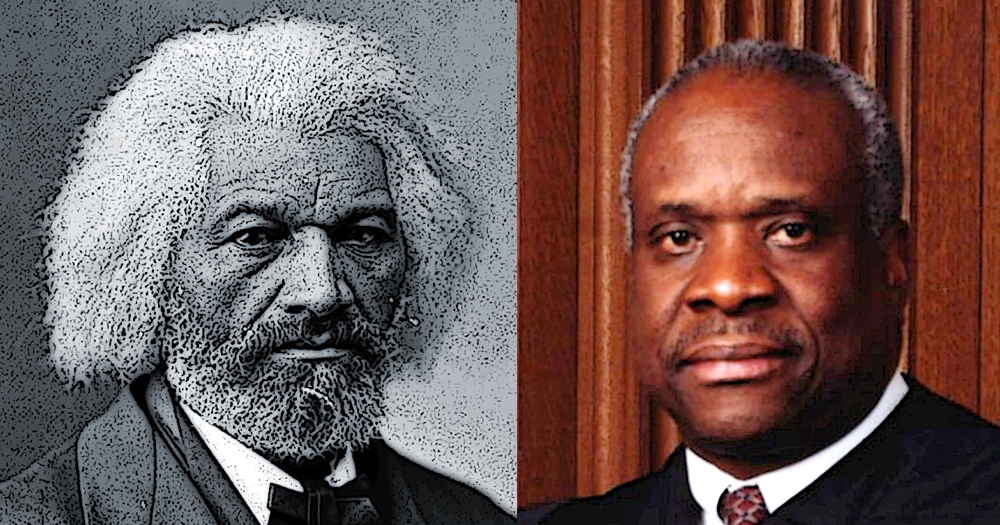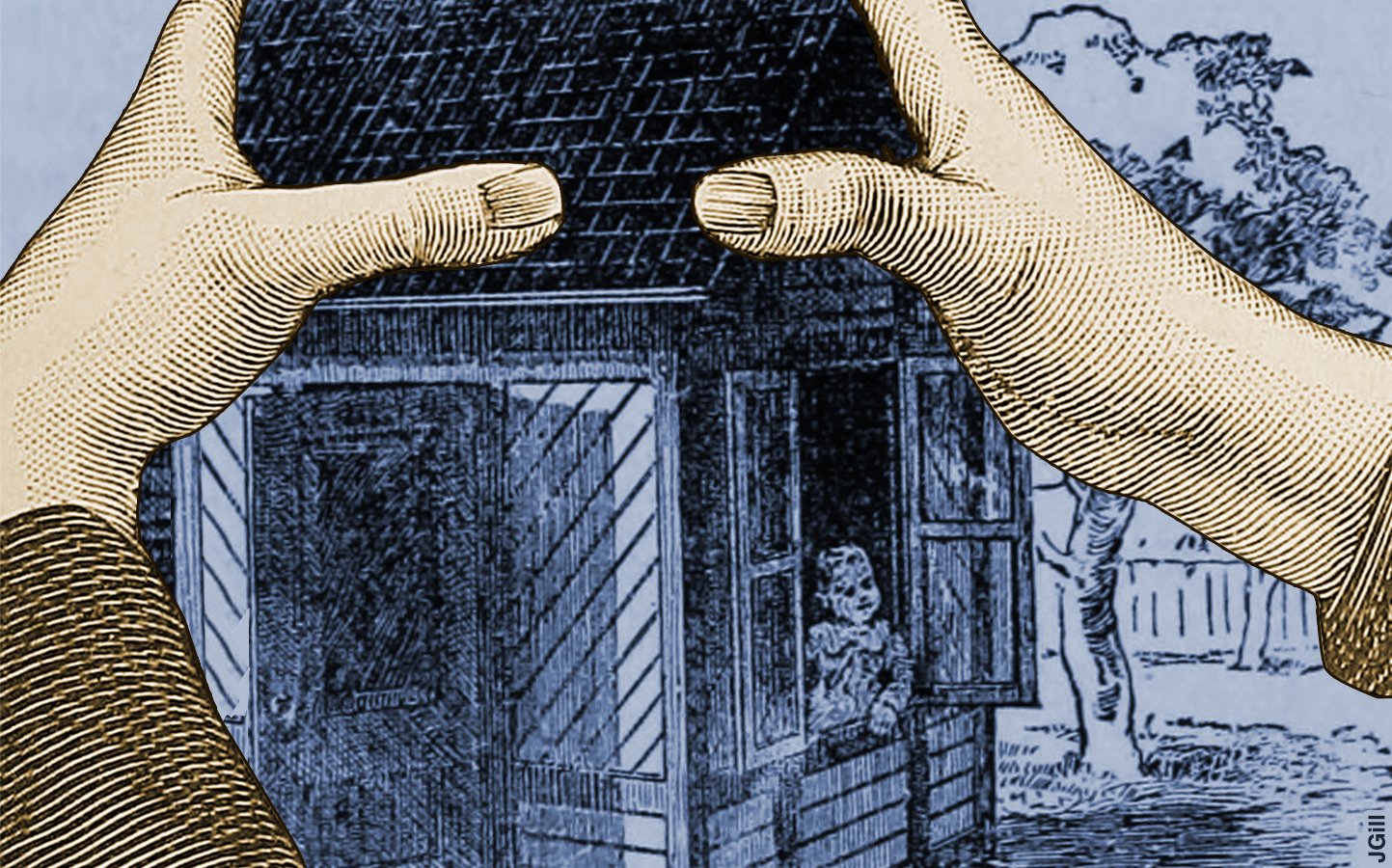Dear Reader: This “BEST of Common Sense” comment originally aired on July 4, 2007. A longer version published at Townhall.com was picked up by Rush Limbaugh and read on his radio show. —PJ
Could Democratic presidential candidate John Edwards actually be right about something? Not where to go to get a haircut, mind you, I mean about there being two Americas.
There is the vibrant America … and the stagnant one.
There is the America of ever-increasing wealth, innovation, creativity, new products and services. Choices galore.
And there is the politician’s America: The regulated America, the subsidized America, the earmarked America. The failing America.
In one America, it is what you produce that gets you ahead. In the other, it’s who you know.
In one America, to earmark some money means setting aside funds (into savings) for a purchase — a car, house, college.
In the other America, to earmark is to grab from taxpayers to give to cronies. It is the highest rite of career politicians: Buying their votes with other people’s money. Oh, there have been reforms, sure. But a recent bill in the House had 32,000 earmark requests.
In one America, we decide what we pay for. We choose constantly about little things and big. We call the shots. Or we walk down the street and associate with someone else. So we have some faith in those we work with.
In the other America, we vote. But we rarely get what we vote for.
Maybe that’s why the new Democratic Congress just registered the lowest approval rating in poll history.
It surely isn’t because folks love the Republicans.
This is Common Sense. I’m Paul Jacob.






 But what is that problem, at base? Those who fear a negative personal effect from vaccination (and there are some, though the “autism” charge
But what is that problem, at base? Those who fear a negative personal effect from vaccination (and there are some, though the “autism” charge